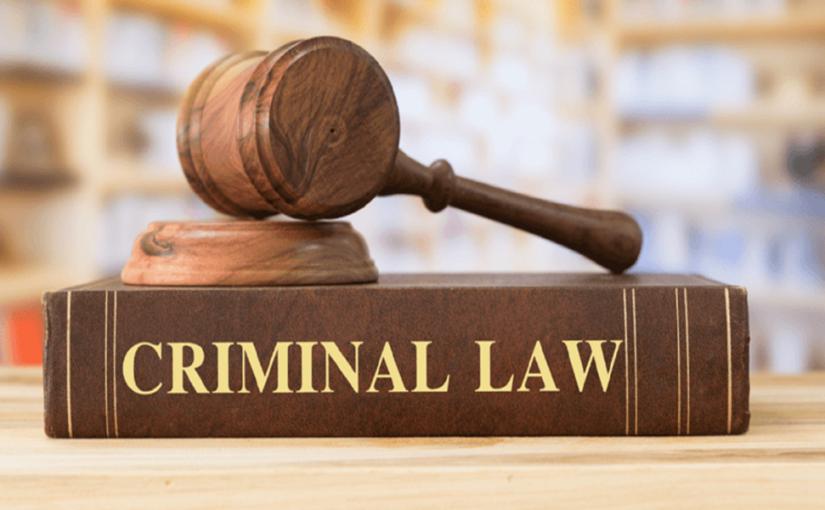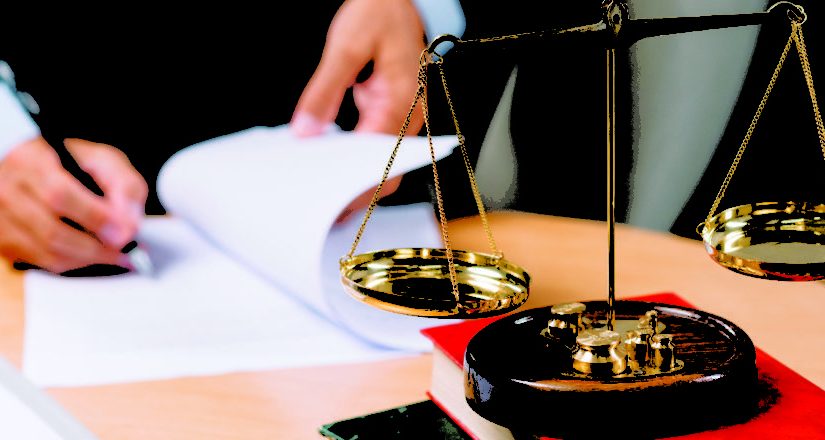Solid contentions with an advanced protection hypothesis that using criminal lawyers in Toronto will give the respondent a decent sentence. In a crook case, a safeguard is the argument(s) and supporting proof that lawyers present to the courts fully intent on getting the ideal result for their clients. Consequently, for any criminal legal counsellor, a safeguard procedure is pivotal to the situation. Their decision of system can have the effect of winning and losing the body of evidence introduced against their client by the arraignment.
- Without question
As per US regulation, the litigant can get the decision of “blameworthy” if the proof introduced to the courts highlights their culpability without question. If the jury, or now and again the appointed authority, doesn’t get good evidence, criminal lawyers in Toronto cannot accuse the respondent of perpetrating the wrongdoing. In government cases, the jury’s decision should be a consistent choice.

- Inadvertent Crime
Deciding if the sentence will be passed out for unplanned wrongdoing instead of a planned and intentional episode will fluctuate from one state to another. This cycle is subject to the lawbreaker code. For instance, California’s Penal Code separates between deliberate and accidental offences.
- Self-Preservation or Imminent Danger
Like inadvertent wrongdoing, many states license violations assuming that they were carried out on self-preservation or to safeguard others. Instances of impending risk incorporate anxiety toward being killed, assaulted, stolen, or experiencing an extraordinary substantial injury. On the off chance that the crime was completed under the coercion of a particular risk, it may not be viewed as wrongdoing, and no discipline will be forced.
4 – Defendant Alibi Evidence
One of the most often utilized protection strategies is explaining to the respondent. This is a proper strategy if the blamed is in finished disavowal for achieving the wrongdoing and has a method for demonstrating they are incapable. It is unimaginable for the respondent to be at fault for the arraignment’s cases on the off chance that it tends to be shown that they were elsewhere at the time the wrongdoing was perpetrated.
- Request of Insanity
There should be a wilful goal for a respondent to be accused of wrongdoing. This can’t be demonstrated on the off chance that the individual is lawfully crazy. This is because the individual blamed might not have figured out the crook act or might not have known about the ethical results.
- Rule constraints
The legal time limit is the most extreme timeframe after wrongdoing is perpetrated that any judicial procedures might be started. Hence, if a body of evidence is recorded against a respondent for misconduct carried out quite a while back, and this period has elapsed d, it very well might be dependent upon excusal.


